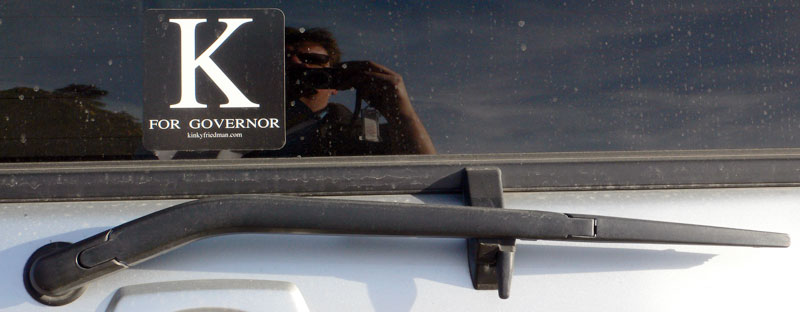
An excellent article from the Economist:
The Brown and Levinson model says, roughly speaking, that Person A probably does not want to be rude to Person B, but in the way of things, life may sometimes require Person A to contradict or intrude on Person B, and when that happens, Person A has a range of “politeness strategies” to draw on. There are four main possibilities, given in ascending order of politeness. The first is a “bald, on-record” approach: “I’m going to shut the window.” The second is positive politeness, or a show of respect: “I’m going to shut the window, is that OK?” The third is negative politeness, which presumes that the request will be an intrusion or an inconvenience: “I’m sorry to disturb you, but I want to shut the window.” The fourth is an indirect strategy which does not insist on a course of action at all: “Gosh, it’s cold in here.”
